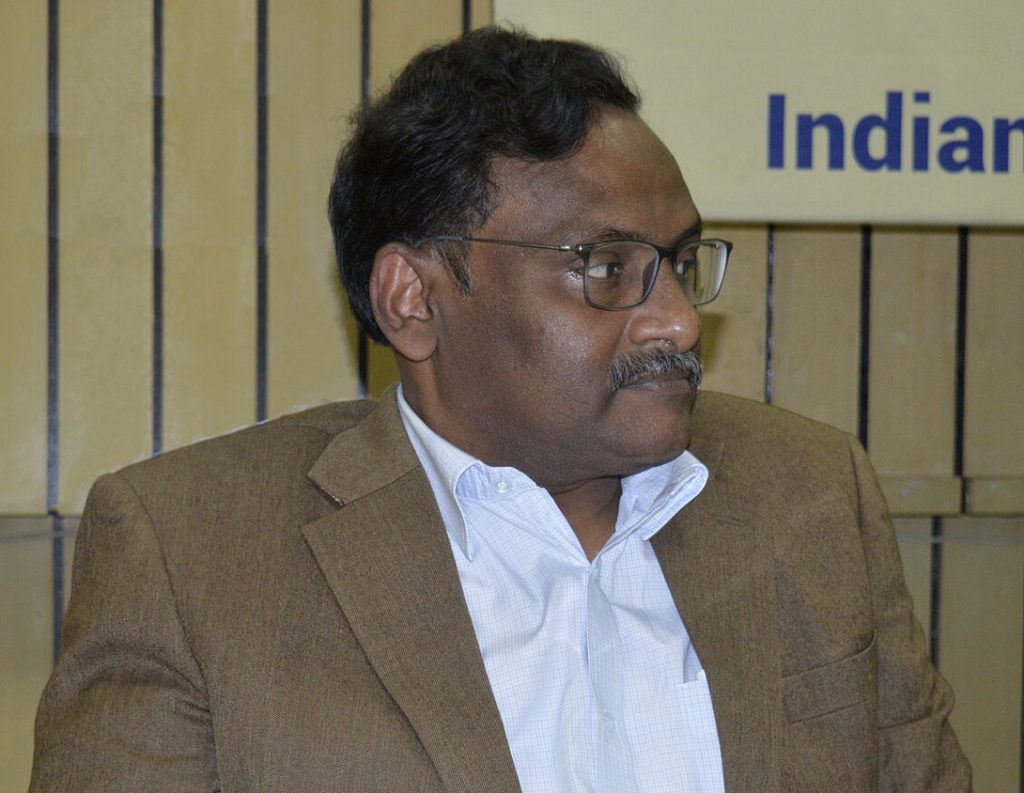
Professor GN Saibaba, known for his scholarly work and his relentless advocacy for human rights, particularly for marginalized communities, passed away at a state-run hospital in Hyderabad on October 12, 2024, due to complications following surgery.
His demise comes just seven months after he was acquitted by the Bombay High Court on charges related to alleged Maoist links, a case that had kept him imprisoned for over eight years.
Professor Saibaba and his legal battles
Professor Saibaba’s life was a tapestry of academic excellence and activism. Born in Amalapuram, Andhra Pradesh, into a family of modest means, his journey was marked by resilience.
Despite being diagnosed with over 90% disability due to progressive neuromuscular atrophy, his spirit remained undeterred, and he focused on teaching at Delhi University and campaigning for justice.
The case against Saibaba, which began with his arrest in 2014, was based on his alleged links with the Maoists and put him in jail.
Saibaba’s acquittal in March 2024 by the Bombay High Court was seen as a late but significant victory, yet his health had reportedly deteriorated during his incarceration.
The court had criticized the lack of evidence and the procedural flaws in the prosecution’s case, marking a failure in justice that might have contributed to his untimely death.
Professor Saibaba, speaking to journalists in Hyderabad just weeks ago, claimed that he was often placed in solitary confinement in prison.
His case highlighted contentious issues around India’s Unlawful Activities (Prevention) Act (UAPA). Critics argued that laws like UAPA, which allow for extended detentions without substantial evidence, contribute to a climate where activists and dissenters face undue harassment.
Asaduddin Owaisi, the chief of AIMIM, commented on Saibaba’s death, suggesting that his prolonged imprisonment under UAPA had played a role in his health’s decline. ‘His death was partly a result of the UAPA that allows cops to keep you in prison for lengthy periods without any evidence,’ Mr. Owaisi stated, reflecting a broader criticism of how such laws might be misused.
The National Platform for the Rights of the Disabled (NPRD) also weighed in, attributing Saibaba’s death to ‘prolonged imprisonment and inadequate care.’ They compared his ordeal to that of Father Stan Swamy, another activist who passed away under similar circumstances, pointing to systemic failures in how the criminal justice system treats those advocating for change or those with disabilities.